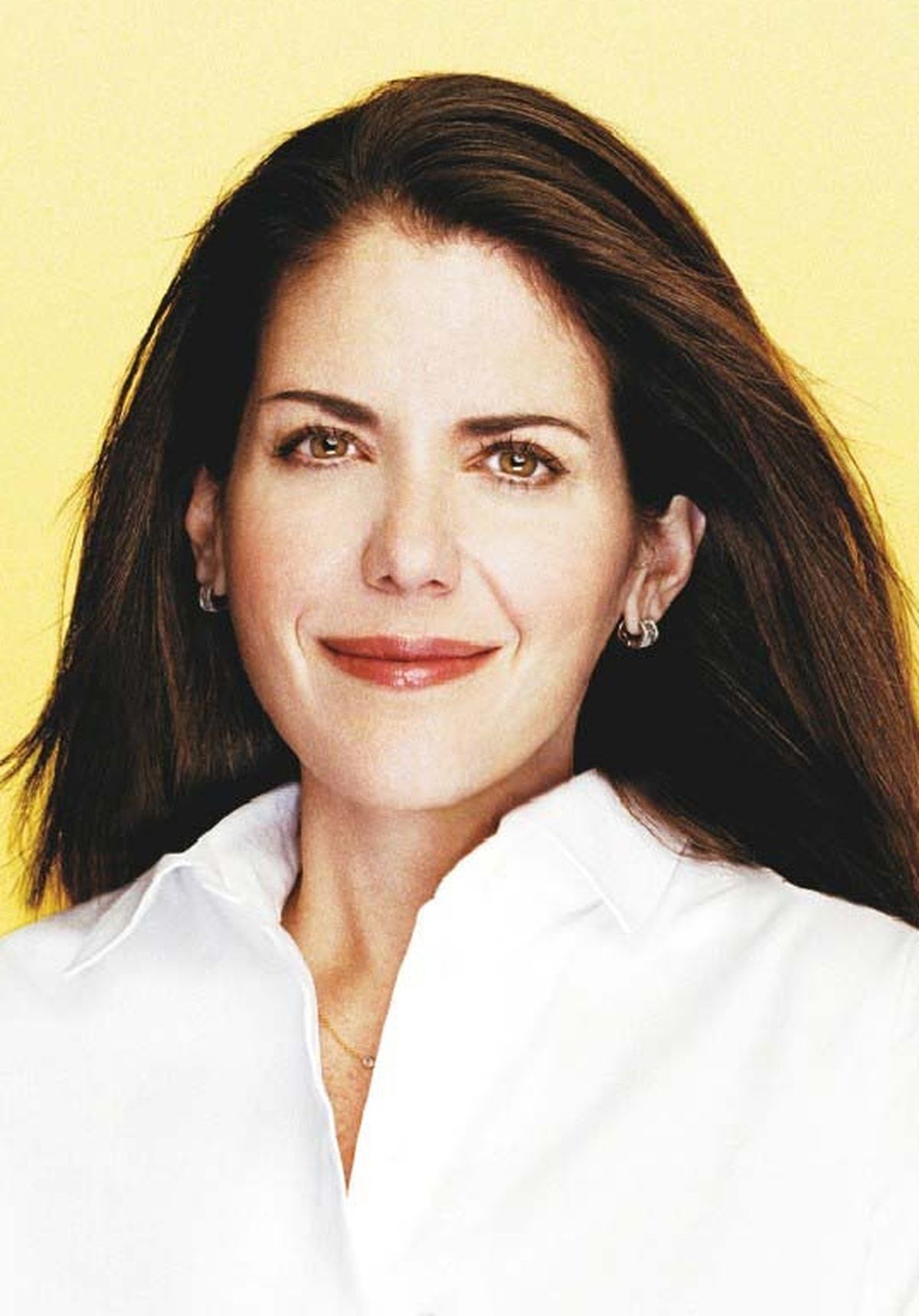WEALTH of knowledge
Financial guru jean Chatzky brings words of wisdom to women helping women event

When Women Helping Women booked its speaker early last fall for Monday’s luncheon, no one knew then how the economy’s freefall would change our culture. This year’s speaker, Jean Chatzky, has had a busy year writing and commenting on the crisis – and what it means for consumers. She’s the financial editor for NBC’s “Today” show and a contributor to “The Oprah Winfrey Show.” Her latest book, “The Difference: How Anyone Can Prosper in Even the Toughest Times,” was published in March. Here are some of Chatzky’s ideas excerpted from “The Difference.”
•In a survey of 5,000 individuals, Chatzky discovered that those who are wealthy or financially comfortable share most of these characteristics: They have college degrees, socialize with friends at least once a week, are married, exercise two to three times a week, read newspapers, dedicate money every month to savings, retirement, life, disability and long-term care insurance, and “most wealthy individuals report that their parents read to them when they were young.”
•Wealthy and financially comfortable people tend to figure out their career paths early. “Today it’s expected that Americans will – over a life of work – have around 12 different jobs in four different fields. The wealthy and financially comfortable have fewer.”
•People who live paycheck-to-paycheck, or are mired deep in debt, blame their financial troubles on bad luck, but the wealthy do not attribute their success to good luck. “They got there by landing a good-paying job and sticking with it. Or by creating, as an entrepreneur, a good-paying job for themselves.”
•Wealthy and financially comfortable people are grateful. “Grateful people are more trusting of people they don’t know, often viewing strangers as having relatively good motives, rather than being suspicious of them. Some people operate on the theory that in this world, we get what we deserve. Grateful people don’t. They operate on the theory they get more than they deserve. As a result, they are constantly doing things for others – often with no payback in clear sight – that make good outcomes happen.”
•Spending money on experiences makes people happier than spending money on things. Things pale over time. Experiences get better in the retelling.